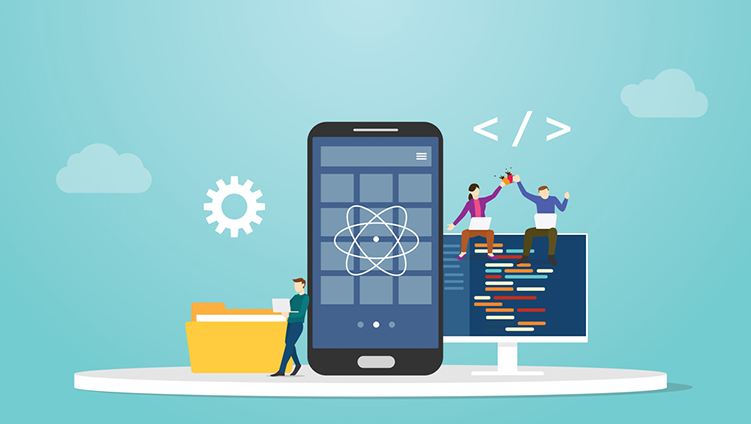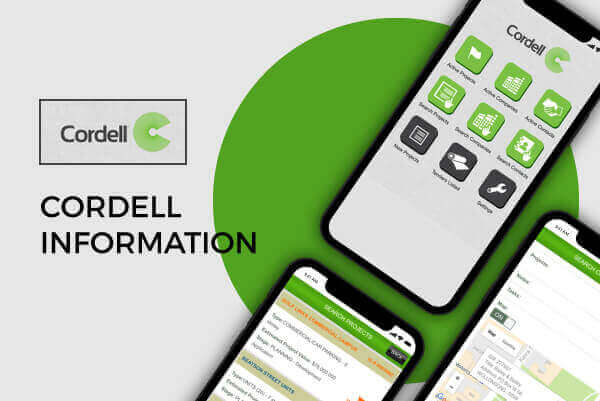What is Cross-Platform Mobile App Development?
In a world where our workforces and customers are increasingly remote, it’s more vital than ever to find ways to connect them. Cross-platform mobile app development does just that, helping to create a consistent user experience across different platforms and ensuring your business can reach its audience, wherever it is.
With cross-platform mobile app development, we’ll help you build an application that can run on multiple operating systems. However, more than that, by using a cross-platform framework, we’ll only need to write code once using a single language and codebase, saving you time and money. What’s more, with the ability to access native features, we can still ensure that your apps utilise platform-specific capabilities and are as powerful as ever.
The Benefits of Cross-Platform App Development
- Reduced Development Cost - Cross-platform app development utilises "write once, run everywhere" principles, meaning you write code once and deploy it across multiple platforms. This, along with reusable code and agile practices, significantly reduces development expenses compared to native app development. With no need for duplicate codebases or multiple developer teams, cross-platform development is a cost-effective way to expand your app's reach.
- Faster Development Process - Cross-platform development uses a single codebase for multiple platforms, including Android, iOS and more, eliminating the need for multiple codebases and reducing development efforts significantly. This lets you build feature-rich business apps in record time, meet deadlines with ease, and launch your app before the competition.
- Simple Cloud Integration - Cross-platform mobile apps are compatible and can use various plugins integrated with the cloud settings. In other words, the single source code is coordinated with various plugins and extensions to enhance the app’s scalability and functionality.
- Access to Native APIs and Features - Cross-platform frameworks allow developers to access native APIs and features of the target platforms, enabling them to integrate platform-specific functionalities into their apps. This ensures a tailored experience while maintaining the cross-platform benefits.
- Ease of Maintenance and Updates - Maintaining and updating a cross-platform app is more straightforward compared to native apps. Since the codebase is shared, developers can make changes once and deploy them across all supported platforms, reducing the overall maintenance burden and creating flexibility in relation to changing requirements and evolving user needs.
The Best Cross-Platform App Development Frameworks
React Native
React Native is a free, open-source framework for building native applications for iOS and Android platforms using JavaScript and React, a popular web development library. It was developed by Facebook and has become one of the top cross-platform mobile development frameworks.
React Native allows developers to leverage their existing knowledge of JavaScript and React to build their applications, without the need for new programming skills. It also offers a hot reload feature, which allows engineers to make changes to the code and see the results instantly, making the development process faster and more efficient. It also supports a wide range of third-party libraries and plugins, making it easy to add new features and functionality to a mobile application.

Key features:
- Rapid Prototyping and Iteration - See changes instantly with hot reload and accelerate development cycles.
- Native Look and Feel - Deliver stunning visuals and responsive interactions with platform-specific UI components.
- Extensive Ecosystem - Leverage countless third-party libraries and plugins to add unparalleled functionality.
- Fast Refresh - Keep your components in sync with code changes for an even smoother development experience.
- Enhanced Debugging - Gain control with seamless Flipper integration (versions 0.62 and above).

Flutter
Flutter is a free, open-source UI toolkit for building natively compiled applications for mobile, web, and desktop platforms from a single codebase. It was developed by Google and has gained popularity among developers due to its speed, performance, and ease of use.
Apart from enabling cross-platform mobile app development, Flutter also supports the creation of web and desktop applications. This makes it an especially versatile tool for cross-platform development. Like React Native, Flutter has a hot reload feature, which allows developers to make changes to the code and immediately see the results. Additionally, Flutter’s widget-based architecture allows developers to create custom UI components that can be reused across different parts of the app, further improving mobile development speed and productivity.
Key features:
- Hot Reload - See how your application changes as soon as you modify your code, without you having to recompile it.
- Widget-Powered UI - Craft custom UI components and effortlessly reuse them throughout your app for unmatched speed and code organisation.
- Material Design - Seamlessly integrate Google's intuitive design system to create beautiful and consistent user interfaces.
- Widget Ecosystem - Tap into a vast library of widgets and plugins to add infinite functionality and features to your app.
- Browser Independence - Flutter has its own rendering engine for drawing widgets, liberating you from the limitations of web browser technology.
.NET MAUI (formerly Xamarin)
.NET Multi-Platform App UI (MAUI), an evolution of the Xamarin framework, is a free, open-source platform for building cross-platform mobile apps. This popular Microsoft cross-platform mobile app framework relies on the C# programming language complemented with .NET framework and is available under the MIT licence as part of Visual Studio.
.NET MAUI also offers a modern, component-based architecture that allows developers to improve development speed and code maintainability. Moreover, it supports a variety of app architectures, including Model-View-ViewModel (MVVM), Model-View-Controller (MVC), and Model-View-Presenter (MVP).

Key features:
- Project Templates - Kickstart your development with pre-built MAUI templates for common app styles, saving you time and boilerplate code.
- XAML for UI and Layouts - Describe your app's interface with readable and maintainable XAML code, simplifying UI development and promoting code clarity.
- Customisable UX - Craft beautiful and consistent user experiences across-platforms with flexible styles and themes that adapt seamlessly to any device.
- Native Device APIs - Integrate seamlessly with native features like camera, geolocation, and sensors to leverage the full potential of each device.
- Hot Reload - Witness changes instantly as you code, accelerating development cycles, enabling rapid prototyping and driving efficiency.






